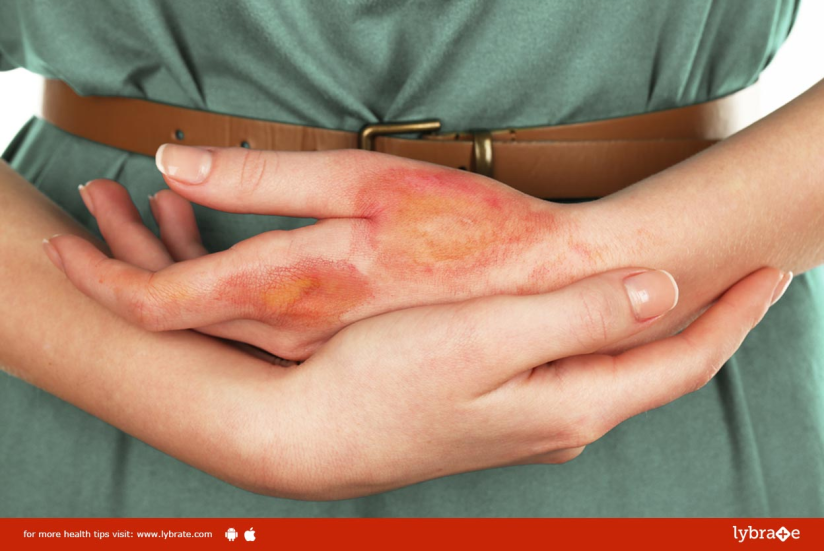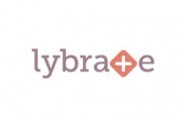 Burns are common injuries faced by almost everyone at some point of their life. Most burns are recoverable without serious health consequences depending on the degree of injury. However, some burns can be more dangerous as they might lead to excess damage of the skin cells. Such cases would require immediate emergency medical care to prevent further complications that might lead to an excessive damage of the body part or death.
Burns are common injuries faced by almost everyone at some point of their life. Most burns are recoverable without serious health consequences depending on the degree of injury. However, some burns can be more dangerous as they might lead to excess damage of the skin cells. Such cases would require immediate emergency medical care to prevent further complications that might lead to an excessive damage of the body part or death.
So what are the degrees of burn and what to do when you have them?
First Degree: Skin turns red without blisters.
First degree burns affect the outermost layer of the skin and cause negligible damage to the skin. They can normally be treated under minimal home care such as applying cold water.
Second Degree: Skin thickens along with blisters.
They are more serious than first degrees. Some blisters might pop, giving the skin a wet appearance. When you do experience a second degree burn, you immediately put the affected skin under cold water for 10-15 minutes.
Third Degree: Skin thickens throughout the damaged part with a white leathery appearance. Third degree burns can be extremely serious and therefore it is advised never to self-treat cases of third degree burns. Call or visit a doctor immediately.
Fourth Degree: An extension of the third degree along with the injury reaching up to the tendons and bones. Emergency medical supervision is essential for fourth degree burns.
Causes of Burns: There can be several causes of burn injuries rather than just touching hot objects accidentally. Such causes can be classified as under-
A. Thermal Burns: Results from explosions, hot liquids, flame or contact with hot materials like coal or glass.
B. Chemical Burns: Results from strongly acidic or alkaline chemicals.
C. Electrical Burns: Results from electricity such as electric wires, electric meters, etc.
D. Radiological Burns: Results from radiation.
Overall Prevention of Burns – The best method of fighting burns is to stop them from occurring. Certain jobs can put you at greater risks of burns. Nevertheless, it is always better to take preventive care to avoid them. Preventive care includes the following:
• Keep children away from kitchen
• Install fire extinguisher in or near kitchen or near vulnerable areas in workplace.
• Replace smoke detectors on time
• Cover electric outlets
• Discard electric cords with exposed wires
• Wear gloves while handling chemicals.




















